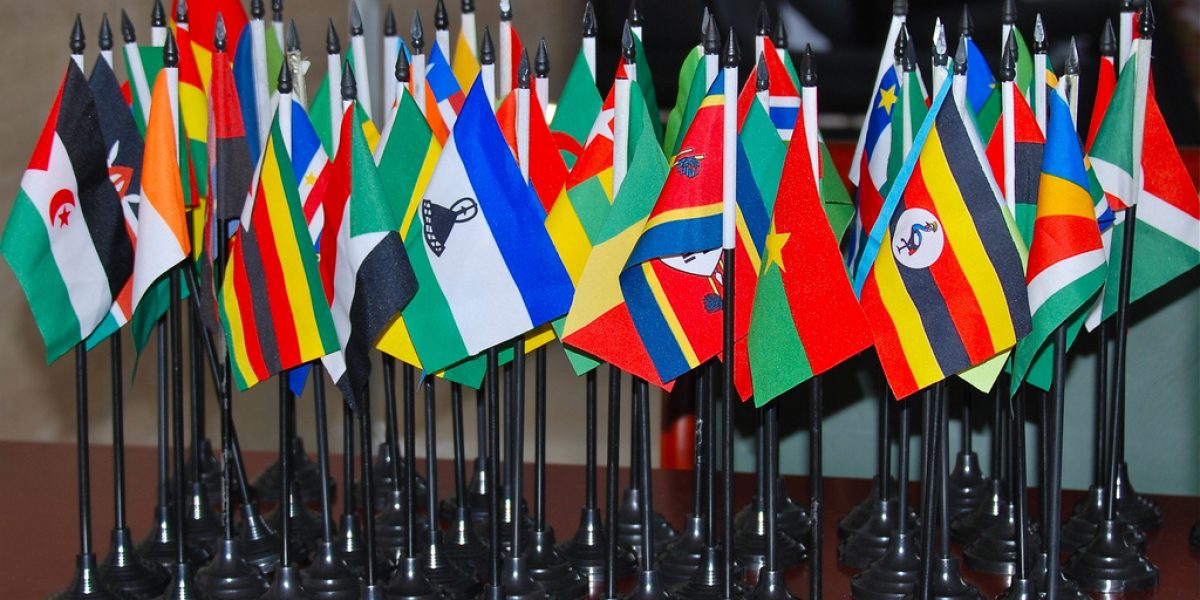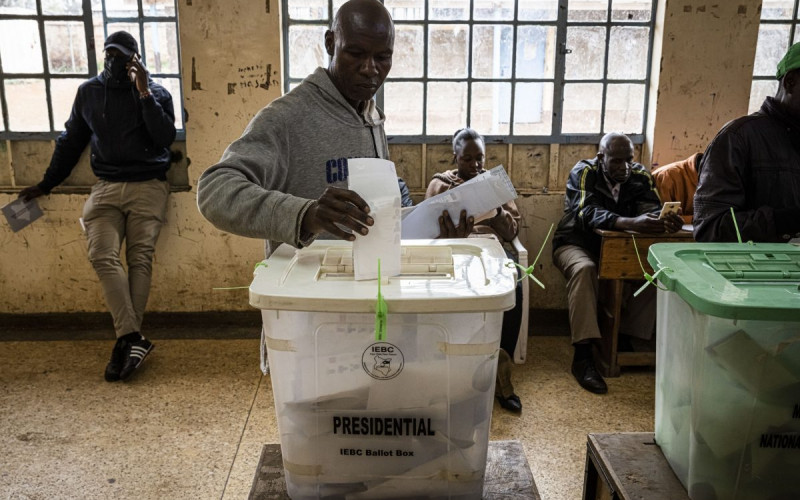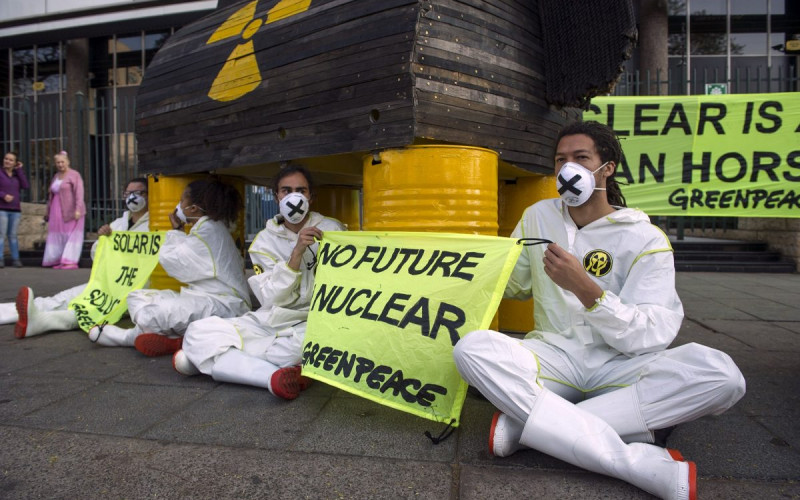Observers were watching closely for signals of the health and future trajectory of this process.
Almost a decade after its inception, the APRM continues to be the continent’s major governance monitoring mechanism. Accession to this voluntary process has steadily increased over the past few years and clearly signals a positive step in the right direction for many African governments. After decades of hiding behind the sanctity of sovereignty and the precept that a country’s internal affairs were nobody else’s business, many continue to be surprised by the high standard of accountability that the APRM demands, and the comprehensiveness and candour of the Country Review Reports it produces. Now, through this African-owned and African-driven effort, the APRM fundamentally seeks to reverse this lack of accountability, and is, in part, an acknowledgement that how leaders behave matters. Peer review seeks to make frankness, robust debate, differences of opinion and criticism less threatening and more acceptable in Africa. It has opened up political space for civil society and given them a voice in policy-making. It has also spurred important legislative reforms and policy changes, and attracted strong support from African governments, African citizens and international partners.
Despite the many positive aspects of the APRM process, there have been challenges. For example, the rate of reviews is deemed to be relatively slow. The first country (Ghana) was only peer reviewed in January 2006, almost four years after the APRM was established. Two more Forum-level reviews occurred in 2006 (Rwanda and Kenya), two in 2007 (Algeria and South Africa), four in 2008 (Benin, Uganda, Nigeria and Burkina Faso) and three in 2009 (Mali, Mozambique and Lesotho). Mauritius was finally reviewed in Kampala in July 2010 – seven years after it first launched its national process – bringing the total to 13, just shy of half of the 29 acceding member countries. The final Country Review Reports on each country paint an honest and realistic picture of the governance situation in that society. They commend countries for the things they do well (“best practices”), diplomatically and constructively point out governance weaknesses throughout and emphasise the most fundamental fault lines (dubbed “cross-cutting” or “over-arching” issues). The diagnostic strength of the peer review reports cannot be disputed. They predicted both the election-related ethnic violence in Kenya after December 2007 and the xenophobic tensions that erupted in South Africa in May 2008 (that are sadly showing signs of returning). Unfortunately, their recommendations – not being mandatory or enforceable – went unheeded.
Thus far, the APRM has raised awareness of governance issues, energised a continent and taken small but significant steps to remedy big problems. It has brought benefits to those countries that have taken it seriously. Recognising this, it is clear that more countries need to be encouraged to be part of the APRM process, and that countries that have made commitments to improve governance be held accountable for promises and progress.
With committed and dynamic leadership, greater transparency, more follow-up on implementation, enhanced calls for accountability, and better documentation of its success stories, the mechanism promises to become even more significant in the future.
As African governments and peoples continue to recognise the importance of the APRM, it is clear that accession represents a key step in the right direction for societies that wish to improve both governance and the development it ultimately seeks to deliver. As the reports reveal the common governance problems that our societies grapple with – managing diversity, combating corruption, enhancing equity – we must strive to continue learning from our peers and ourselves in seeking sustainable solutions. As the 2010 FIFA World Cup ably demonstrated, Africa can.







